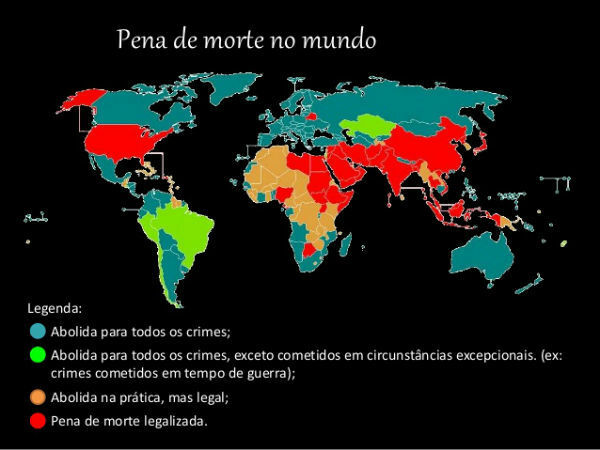The economic, political and cultural transformations that took place in the West from the 18th century onwards, such as the Industrial and French, showed significant changes in life in society in relation to their past forms, based mainly on traditions.
Thus, sociology emerged in the eighteenth century, with the first social research and the general ideas of the Enlightenment, as a way of understanding and explaining those social changes. Therefore, sociology is a science dated historically and its emergence is linked to the consolidation of modern capitalism.
This discipline marks a change in the way of thinking about social reality, detaching itself from concerns transcendental and progressively differentiating itself from other sciences as a rational and systematic way of understanding of society.
Unlike philosophical explanations of social relations, sociological explanations do not they depart simply from cabinet speculation, based at best on the casual observation of some facts. For explanations, statistical methods, empirical observation and a methodological neutrality are used.
As a science, sociology must obey the same general principles valid for all branches of scientific knowledge, despite the peculiarities of social phenomena when compared with natural phenomena and, consequently, of the scientific approach of society.
Do not stop now... There's more after the advertising ;)
Sociology, considering the type of knowledge it produces, can serve different types of interests. Sociological production may be aimed at engendering a form of knowledge committed to human emancipation. It can be a type of knowledge oriented towards promoting a better understanding of the men about themselves, to reach higher levels of political freedom and well-being Social.
On the other hand, sociology can be oriented as a "science of order", that is, its results can be used with a view to improving the mechanisms of domination by part of the State or minority groups, whether private companies or intelligence agencies, in disregard of the interests and values of the democratic community in order to maintain O status quo.
Orson Camargo
Brazil School Collaborator
Graduated in Sociology and Politics from the School of Sociology and Politics of São Paulo – FESPSP
Master in Sociology from the State University of Campinas - UNICAMP
Would you like to reference this text in a school or academic work? Look:
CAMARGO, Orson. "Sociology as a science of society"; Brazil School. Available in: https://brasilescola.uol.com.br/sociologia/formacao-da-sociologia.htm. Accessed on June 27, 2021.


